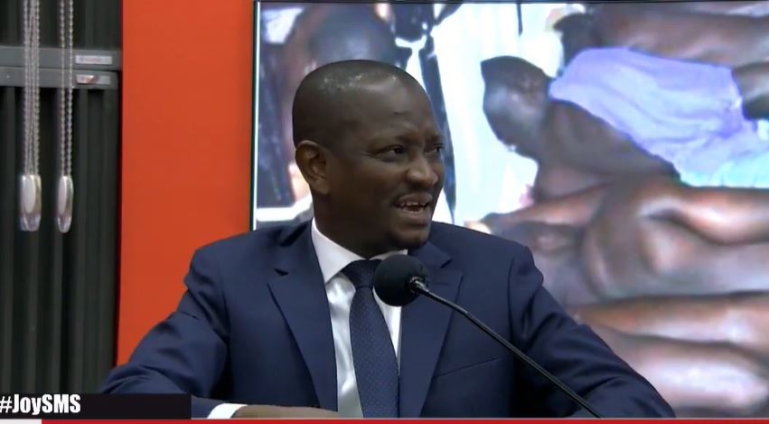Everyone found to have contributed to the banking sector crisis will be prosecuted and monies retrieved - a Deputy Attorney General (AG) and Minister for Justice has said.
Mr Alfred Tuah Yeboah said nobody will be spared.
According to him, there are more cases that his outfit will be taking to court soon.
Mr Tuah Yeboah said the government needs the money spent on exercise and thus his Ministry will recover for the use of the government.
“The depositors get to be paid by the government. So, we are now in court to prosecute and possibly recover.
"If you paid an amount of GH¢1.2 billion from the taxpayers' money, you will need that money back, and you can get it back if you take legal action as we have done.
"I can assure you that there are other cases that we will prosecute to get the monies back”, he said in a media engagement on Tuesday, November 8."
Update on some cases so far
Mr William Ato Essien of defunct Capital bank is awaiting judgment on November 17, while Michael Nyinaku of defunct Beige Bank was arraigned on Tuesday.
Michael Nyinaku is facing 43 counts of criminal charges; stealing, fraudulent breach of trust and money laundering.
However, he has pleaded not guilty to these charges.
Banking sector clean-up exercise
In a bid to restore confidence in the banking and specialised deposit-taking sector, the Bank of Ghana embarked on a clean-up exercise in August 2017.
Spending over GH¢20 billion, the Central Bank’s action was to resolve insolvent financial institutions whose continued existence posed risks to the interest of depositors.
This was supervised by the now embattled Finance Minister, Ken Ofori-Atta from mid-2017 to January 2020.
The clean-up saw a reduction in the number of banks from 34 to 23, whilst 347 microfinance institutions, 15 savings and loans and eight finance houses had their licences revoked.
While some of the commercial banks were merged to form the Consolidated Bank Ghana Limited, state-owned GCB was allowed to swallow others.
The Securities and Exchange Commission also announced the revocation of the licenses of 53 Fund Management Companies.
A number of these institutions were found to have varying degrees of corporate governance lapses.
The total estimated cost of the state’s fiscal intervention, excluding interest payments, from 2017 to 2019 was pegged at GH¢16.4 billion.
Latest Stories
-
Kokomlemle; from frog swamp to media powerhouse
2 minutes -
Unlocking women’s economic potential through tailored financial solutions
4 minutes -
NDC members are visibly emboldened to engage in galamsey – Ahiagbah claims
14 minutes -
‘We need to revamp MASLOC’
27 minutes -
Over-dependence on T-Bills for gov’t financing unsustainable – Standard Bank Group
52 minutes -
South African Tourism Minister visits Ghana to strengthen bilateral tourism relations
1 hour -
Supreme Court to rule on Akwatia MP’s injunction case on April 30
1 hour -
Russia says sanctions must be lifted before Ukraine maritime ceasefire can start
1 hour -
Peter Amewu released after arrest over sky train scandal
1 hour -
Adu-Boahene and wife sue AG and EOCO over GH¢200m bail condition
2 hours -
Fuel stations to operate 24 hours, NPA boss calls for security agencies’ support
2 hours -
Women’s participation key to economic growth –Yaw Njorgnab
2 hours -
Parliament passes bill to abolish E-Levy; President Mahama’s assent expected
2 hours -
NDC members involved in galamsey must be brought to book – Benjamin Quashie
2 hours -
Starting a business in Ghana still difficult – World Bank’s B-Ready 2024 report reveals
2 hours

